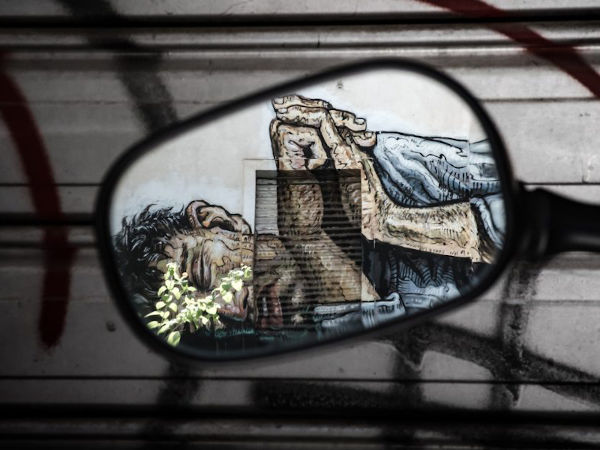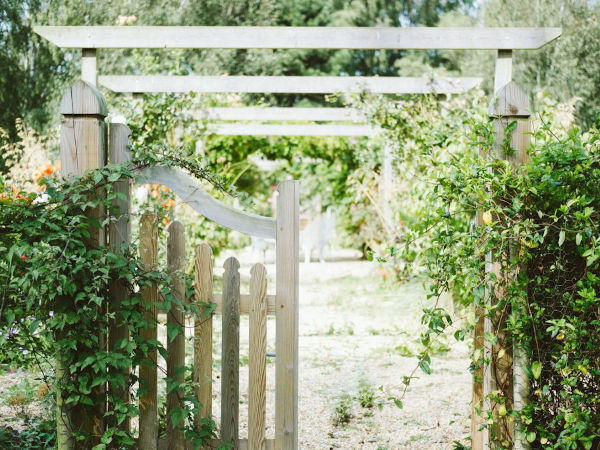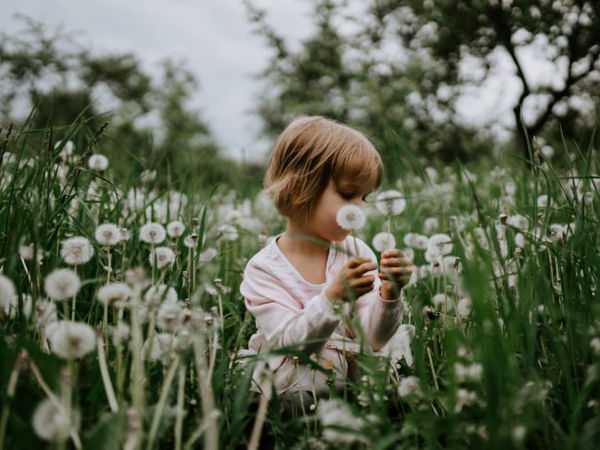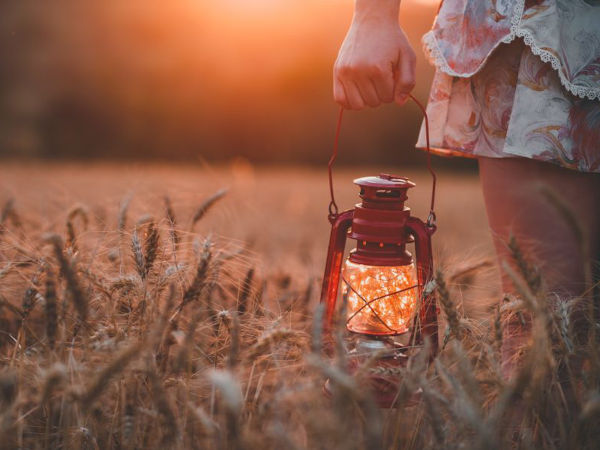A Flourishing Commons is…
For those who want to be inspired, for those who want to know that our existence on Earth matters, and for those who want to trust that there is always an essence to being human that is worth living for.
It is a place where we learn how to be more human—to feel more deeply, to think more profoundly, and to live more open-heartedly—because when we are our most authentic human self, we are also our most divine self. When we recognize our own sacredness, we are then holding space for our most desired future.
In support of a flourishing world, our mission here is to help unveil the pains of our collective social-ecological traumas, share the poignant beauty of the world that exists eternally, and collectively heal through reflection, self-love, and conscious decision-making.
You are invited to consider a paradigm shift to re-envision your world.
Imagine a world that fills your heart with love, a world where you feel unconditionally supported, and a world where you are free to be who were meant to be and speak your inner-most voice of truth. How beautiful would that world be?
Now ask yourself, in the world that you currently live in, do you feel disheartened by rising social and ecological problems? Do you feel oppressed by this world’s systemic challenges? In this world, do have to repress your true feelings because of political correctness, polarized beliefs, or people’s discomfort with differing opinions because of a deep-seated fear of social abandonment?
These two worlds look irreconcilable, but perhaps, they are merely two points on a journey to return home. Feelings of confusion, loneliness, despair, or apathy arise because of our collective amnesia to the true meaning of our common home. The essence of spirituality is the recognition that every element in the universe is interconnected. So despite all that happens in a society, we are simply just trying to make home out of our lives, collectively, on this planet. Therefore, each one of us plays a notable role in this making of the world.
But how at home are each of us in our social roles (as students, educators, designers, environmentalists, advocates, etc.)? More importantly, how at home are we purely as living entities? The Tragedy of our Commons is telling us that we may have neglected this primordial home of ours. It’s time to return to love ourselves inherently as human beings. It’s time to re-envision the world with new narratives in education, place-making, and social-advocacy.
A flourishing commons starts with a paradigm shift of how to be in the world by…
Turning knowledge into wisdom
Not all bodies of knowledge are equal in our societies. Some knowledge are institutionalized and deemed valid. Some knowledge survive through resistance and stay on the sidelines. Some knowledge have been persecuted out of existence. Lurking beneath our modern world’s concept of objective-scientific knowledge is a fear of not-knowing. This fear creates a desire to consume more knowledge and build defensiveness to preserve an existing illusion of certainty.
This paradigm of knowledge perpetuates insecurity and separateness. Alternatively, knowledge without insecurity is the willingness to break through existing perceptions of the world. We often need lived-experience to successfully break through old perceptions (because the mind is quite stubborn and textbook learning won’t cut through it). As we are changed in the process of learning and understanding, we develop greater wisdom.
In a world of narratives that feed insecurity and unworthiness, we make a difference by turning knowledge into wisdom.
Tending to our inner and outer landscapes
As the ancient hermetic saying goes, “As above, so below, as within, so without, as the universe, so the soul…” Although ancient wisdom reveals that our inner and outer worlds mirror each, conventional problem-solving approaches to social issues ignore our inherent enmeshment with the world. By treating world conflicts as “problems”, we unknowingly treat ourselves as problems too. We then constantly miss the mark, like a dog chasing its own tail.
Environmental activism aims to change our outer landscapes. But systemic entanglement in social paradigms of separateness, problem-making, and identity insecurity limit the individual’s potentials. Alternatively, institutionalized environmental design professions such as landscape architecture and urban planning see the “landscape architect” and the “urban planner” as titles of identity and legality. But as a steward of nature and culture, and as the visionary of society, the “landscape architect” and the “urban planner” are sacred archetypes of our spiritual, pragmatic, and compassionate service to the world as humans. A flourishing commons needs more of these archetypes manifested in everyday people to tend to our inner and outer landscapes.
Will we choose to use social and professional identities as defenses for our insecurities, or will we open our hearts toward collective flourishing by sharing our gifts to the world regardless of our titles?
Transmuting pain into beauty
Tending our inner landscapes means taking care of unkempt emotions and beliefs. However, human civilization has had a long history of aversion towards emotions. We generally avoid painful emotions and displace them with a pursuit for idealized happiness. In spite of this, repressed emotions don’t disappear. Instead, they foster nihilism and aggression. A social world that endorses narratives of scarcity, not-belonging, and unworthiness is deeply wounded. The pain of this wound lives in our collective unconscious.
We heal by witnessing pain with empathy. In-between suffering and healing are poignant moments of awareness, reminding us that there is beauty in learning to be human. To heal our society’s greatest wounds, this beauty inevitably must be greater than society itself. Found in nature—especially in our own nature—is a kind of faith that we must choose in, to flourish.
Consequently, to heal the world and to change it, we need to first love ourselves.
The seeds of change originate from each individual.
That means you and me. How do you envision, narrate, and invest in your flourishing commons?
Featured Blog Posts

Finding self-worth in a capitalist world as an “unsuccessful entrepreneur”
What does self-worth mean in a capitalist world? An interruption is needed because the capitalist mind cannot compute the idea of pricelessness.

If knowledge is power, why is academia such a disempowering place?
When knowledge production is fueled by uncertainty and university-endorsed values are based on judgements, we are building a society of fear and shame.

How the illusion of landownership, misplaced potentiality, and a debt-based paradigm created the global housing crisis
One of the most talked about social issues is the housing crisis. From the perspective of ecopsychology, this crisis mirrors the homelessness of our self-worth.

Our inner landscapes mirror our outer world: open your heart’s secret garden to create more beauty in the world
Life is a continuation of changing perspectives in our inner landscapes. Looking out into the horizon is simultaneously being aware of where we are standing.

Nature and nurture: an ethic of flourishing
Every living being has different needs. An ethic of flourishing provides a non-judgmental framework for autonomous choice-making within constrained systems.

Finding home through poignant landscapes
Humans constantly yearn for home. If being at home means to belong, then poignant landscapes are the experiences that remind us that we always belong to life.

Hi! My name is Van Thi Diep.
I am the visionary behind the story of A Flourishing Commons. I am an empath, a natural-born philosopher, and an idealist. That means I feel the world deeply. Because I can intuitively feel people’s emotional pain, I make sense of the wounding through deep contemplation to hold space for a better world. I hold a PhD in environmental studies and previously practiced as a landscape architect. To learn more about me and my work, click the link below.